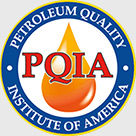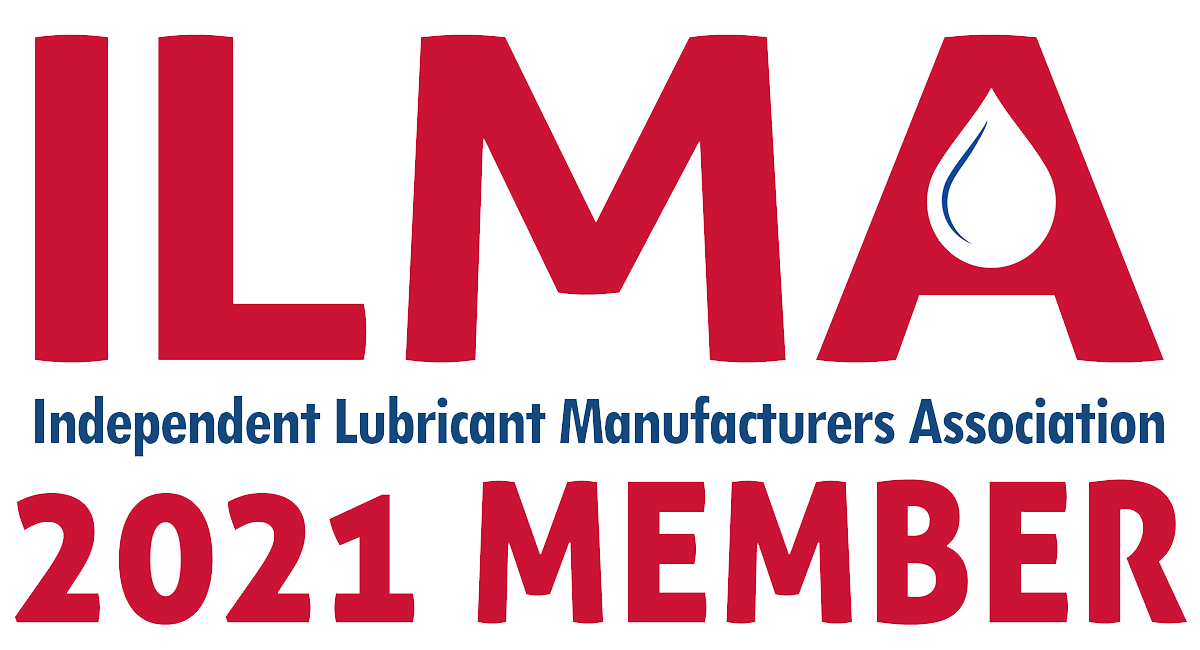By Steve King, STLE CLS
A great way to improve your lubrication program for Heavy Duty or Industrial Plants is through performing an independent lubrication assessment.
Many companies specialize in performing these assessments but customers are usually left with an unrealistic and/or cost prohibitive report that many times goes nowhere. Not to mention the large price tag that went with it. At PetroChoice, we have designed an assessment program that provides our customers with a realistic road map to improve their programs in a low cost and easy to execute fashion. We focus on what the facility is capable of and grade our findings accordingly.
As you can see, we determined that it would be cost prohibitive or unrealistic to score a 10 on all items. Our focus is identifying the gap from current status to what is obtainable.
Over the next 12 weeks we will unpack what we look for in each of these areas. Below is a brief description of each category.
Check back for more:
Part 2 :Lubrication Assessments -Safety
Part 3 : Lubrication Assessments -Product Selection
Part 4 : Lubrication Assessments -Contamination Control
Part 5 : Lubrication Assessments -Automation
Part 6 : Lubrication Assessments -Monitor & Inspections
Part 7 : Lubrication Assessments -Product Handling
Part 8 : Lubrication Assessments -Sustainability
Part 9 : Lubrication Assessments -Training
Part 10 : Lubrication Assessments -Vendor Assistance
Part 11 : Lubrication Assessments -Waste Management
Part 12 : Lubrication Assessments -Process Flow
Part 13 : Lubrication Assessments -Culture








